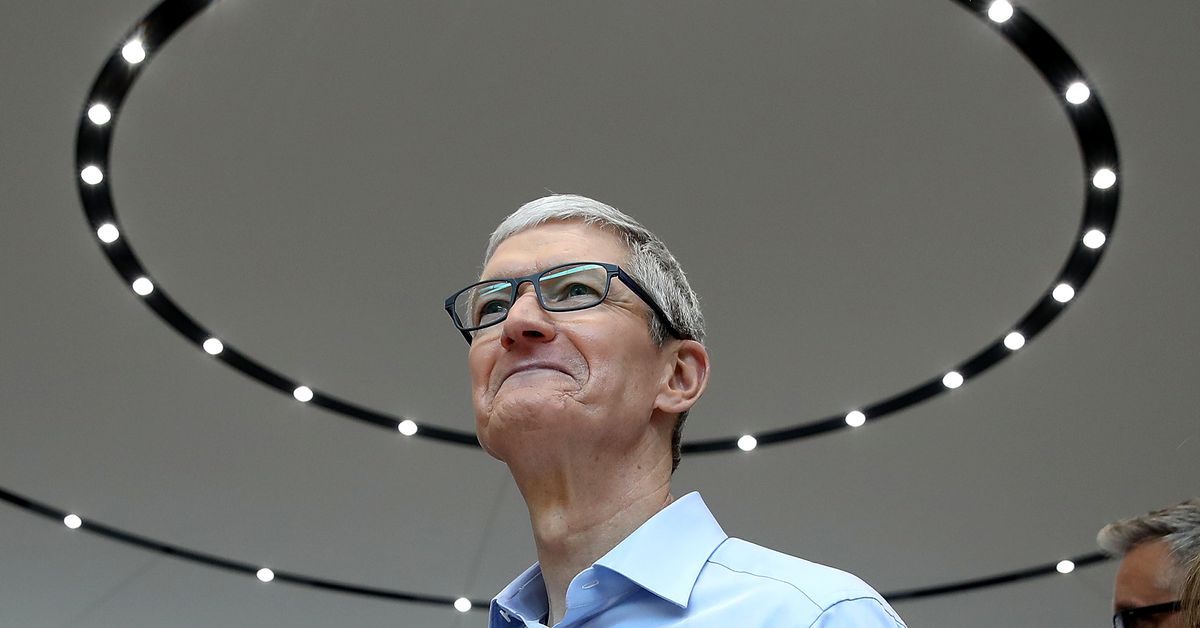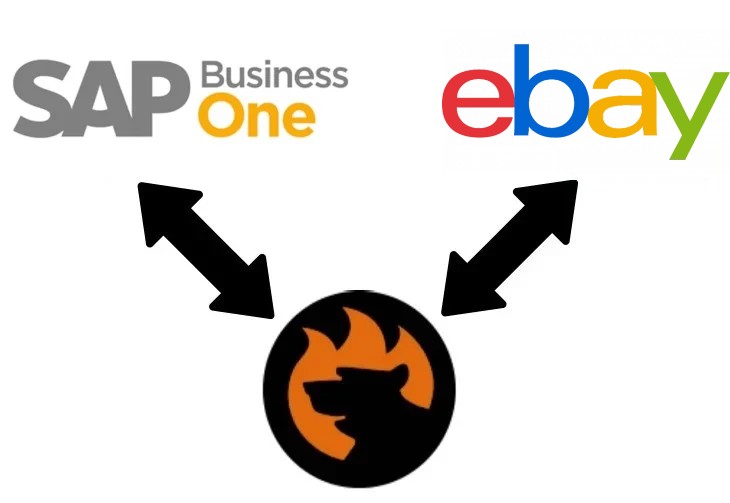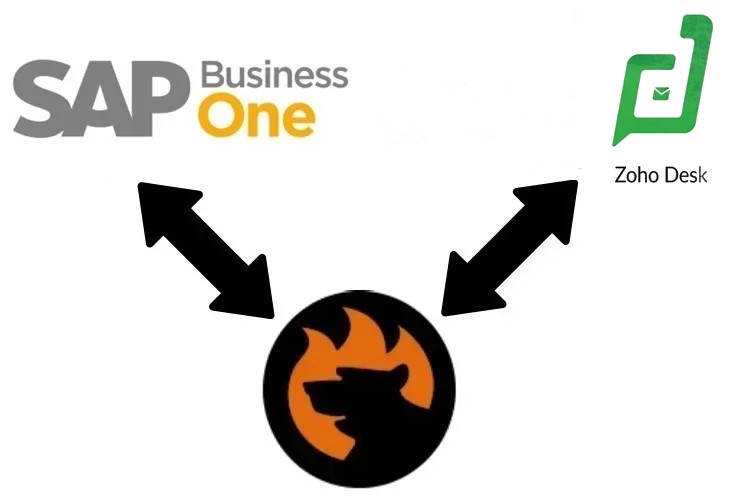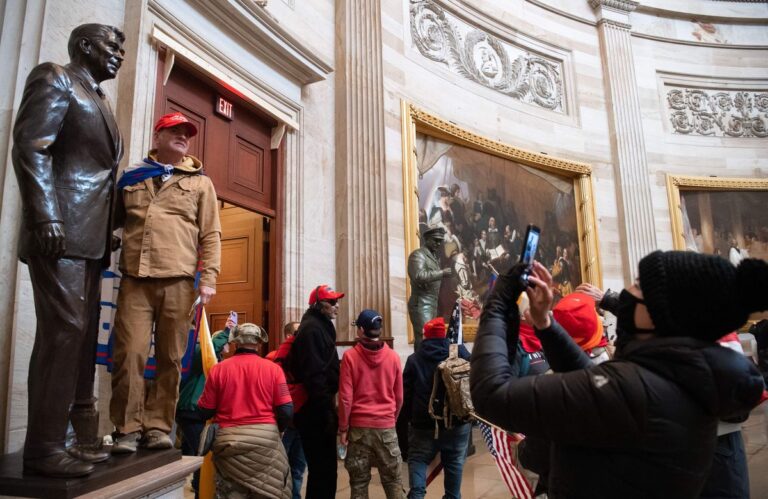
The long-rumored Apple car is looking more possible than ever: CEO Tim Cook just made his most definitive (and, in keeping with Apple’s usual strategy, not very definitive at all) statements to date that Apple is making its own car filled with Apple technology.
In an interview with the New York Times’s Kara Swisher, Cook said autonomous technology was “core,” and that he viewed an autonomous car as a robot. This is consistent with his statements in 2017 that Apple was focused on autonomous systems. But he was “coy” — his words — about if that technology would go in a car made by Apple.
“We love to integrate hardware, software, and services, and find the intersection points of those because we think that’s where the magic occurs,” Cook said. “And so that’s what we love to do. And we love to own the primary technology that’s around that.”
As Swisher pointed out, Apple likes to own and make the hardware it puts its tech in, rather than license it out to other companies to make, like Google does with its Android OS.
And Apple is reportedly talking to auto manufacturers about building a fully autonomous electric car in the next few years. The latest rumors, courtesy of CNBC, had Apple and Hyundai “close to finalizing” a deal to build the cars at a Kia plant in Georgia. They would be Apple’s own brand of cars, and the partnership would give Apple a factory ready to start building cars by 2024, rather than requiring the company to take a considerably longer time (and more money) to build one from the ground up. But a later Bloomberg report said Apple’s talks with Hyundai actually ended weeks ago without a deal.
Apple has not confirmed any of these reports, which has been the company’s standard procedure with its long-brewing car project.
Apple has been trying to get a car rolling for years with little public success. The prospect of the company actually producing its own car by 2024 is no sure thing, but the talks with Hyundai, despite coming to nothing, certainly make it seem more possible than ever before — as do Cook’s recent comments. That said, building a new car line is a long, daunting process, especially if the company behind it is hoping to incorporate new technology into the project. Apple, being Apple, almost surely will want to do this. The company has always been interested in doing its own thing, from its operating system to, most recently, its M1 MacBook chips.
Also, it’s Apple, one of the richest and most innovative companies in the world. Never count Apple out.
We first learned of a possible Apple car in early 2015 when the Wall Street Journal reported that the company was trying to build a Tesla competitor. The project, dubbed “Titan,” was approved by CEO Tim Cook about a year earlier, the paper said. But Apple car plans may date back much earlier: founder Steve Jobs reportedly considered building a car in 2008. The plan then was to build an electric car as opposed to creating a self-driving one, which is what Google and Uber were trying to do at the time. While it would take a considerable amount of time and money to actually get a car on the road, Apple had plenty of both, according to the report. About 1,000 people were said to be working on the project. Apple declined to comment on the story.
By the end of 2016, however, it seemed that Apple had shifted from making its own cars to making self-driving technology to be used in other manufacturers’ cars. But talks with BMW and Mercedes-Benz as manufacturing partners collapsed, and hundreds of people left the project. Even so, it had apparently already yielded some results: The New York Times reported that Apple had a “number of fully autonomous vehicles in the middle of testing, using limited operating routes in a closed environment.”
There was also some hard evidence that something automotive was in the works at Apple. In 2017, the company got a permit from the California Department of Motor Vehicles to test self-driving on public roads in the state. Because it was pretty much undeniable, Cook admitted that the company was working on autonomous driving software around that time. And in 2018, an Apple test car (made by Lexus) was rear-ended by another car (driven by a human), offering further proof that Apple was still doing something in the space. But an actual car produced by Apple seemed increasingly unlikely, if not completely out of the question. Meanwhile, Apple had yet to confirm it was working on an actual car.
At the beginning of 2019, it looked like Project Titan, whatever it was, was on the brink of death. Apple laid off 200 people on the Titan team in January, but in June, it acquired a struggling autonomous-driving startup, renewing hopes that Titan was still going. Other than that, it seemed as though the company’s interest in self-driving technology was waning; its test cars logged far fewer miles in 2019 than in 2018.
While there were reports throughout 2020 that indicated Apple has revived plans to produce its own cars — the rumor blog Apple Insider has dutifully cataloged patents filed by the company for everything from motors to self-tinting windows — a December report by Reuters was a definitive sign. The report said that Apple will use its own self-driving technology and build its own cars, marrying the two phases of Project Titan into one product. CNBC echoed this, quoting a source who said that the car was “designed to operate without a driver.” This, CNBC said, could indicate that the Apple car’s first customers will be food delivery services and self-driving taxis — not the general public. So don’t start saving up for an Apple car just yet.
And, according to Reuters, Apple is hoping to bring something new to the table with a battery design that will make electric car batteries cheaper and last longer. One person involved in the project described the battery technology as “next level.” Apple’s focus on battery design makes a lot of sense, given Apple’s work on improving batteries in its existing products. We may be seeing some of the technology Apple hopes to incorporate into Project Titan now; the iPhone 12 Pros and iPad Pros come with LiDAR sensors, which self-driving cars use to map out their surroundings and detect nearby objects.
The auto industry has continued to slowly push into the electric and autonomous car markets. But the Apple car looks like a threat to Elon Musk’s Tesla, perhaps more than any other carmaker at this point (Apple has even made a habit out of poaching Tesla employees), though Musk hasn’t seemed too thrown by the possibility. He did, however, admit that he tried to sell Tesla to Apple, but Cook wasn’t interested.
During the darkest days of the Model 3 program, I reached out to Tim Cook to discuss the possibility of Apple acquiring Tesla (for 1/10 of our current value). He refused to take the meeting.
— Elon Musk (@elonmusk) December 22, 2020
Cook also commented on this claim, neither confirming nor denying it:
“I’ve never spoken to Elon, although I have great admiration and respect for the company he’s built,” Cook told the New York Times. “I think Tesla has done an unbelievable job of not only establishing the lead, but keeping the lead for such a long period of time in the EV space.”
If Apple does build that car, Tesla’s lead might not last too much longer.
Of course, any report about Apple’s future comes with plenty of caveats and little certainty, as demonstrated by the car’s path up to this point. But there does appear to at least be a path. Now we’ll see if anything drives down it.






